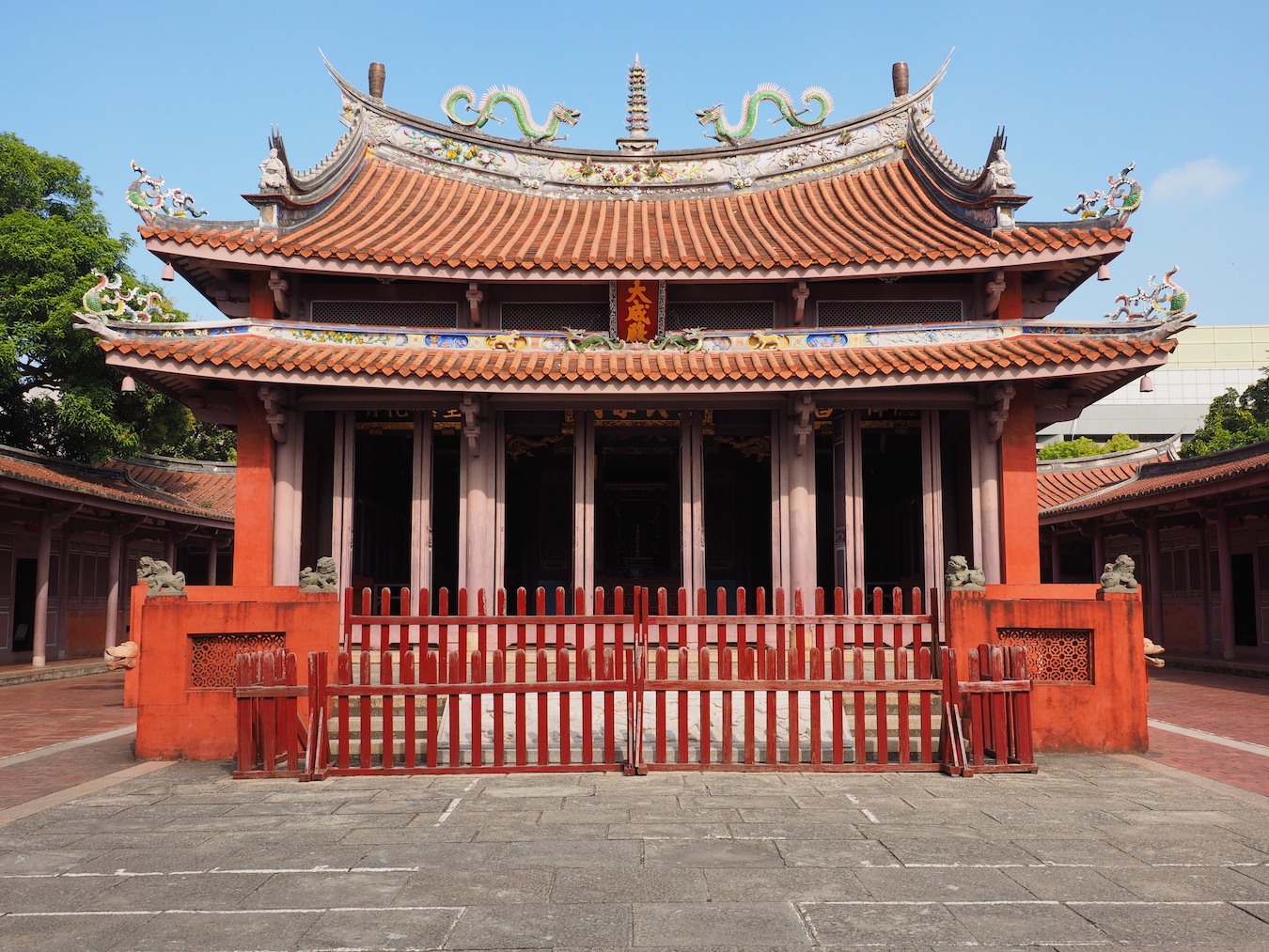by Brian Hioe
語言:
English
Photo Credit: Cmglee/WikiCommons/CC BY-SA 3.0
THE AM KEHNN CULTURAL WORKSHOP, an organization dedicated to cultural preservation efforts, stated on Facebook earlier this month that Beijing had sought to use United Front tactics to influence historical preservation efforts in Taiwan. This would be through funding projects to create public spaces in Taiwan, with the aim of influencing the end product.
In a series of posts, the Am Kehnn Cultural Workshop published a list of companies and projects that it stated to be funded by Chinese capital, after winning awards from the Chinese government. The Am Kehnn Cultural Workshop also listed statements by Chinese state-run media, specifically from Fujian, touting successes in attracting creative talent from Taiwan to participate in rural redevelopment efforts.
The Am Kehnn Cultural Workshop stated that its goal in publicizing this information was to warn of how the field of cultural preservation had become affected by Chinese capital and United Front tactics, suggesting that some had unwittingly become taken in by this. In particular, the Am Kehnn Cultural Workshop stated that China was hoping to win over key opinion leaders in local communities by funding these projects, seeing as local leaders often play a large role in decisions about conservation projects. Moreover, this would allow China to shape the historical narratives of such projects. Lastly, this would prove a means for China to win over Taiwanese talent. Subsequently, discussion of the issue became widespread enough that the Facebook post was referenced in the legislature.
China has sought to conduct outreach to Taiwan by way of the United Front in a number of fields. For example, in past years, China has sought to use economic incentives offered to young entrepreneurs as a way of winning over Taiwanese youth. Incentives announced in 2019 allowed Taiwanese companies to invest in or be a part of Chinese projects from a range of fields, such as 5G networks, theme parks, civil aviation, and technical equipment, so as to expand the fields in which Taiwanese firms cooperate on Chinese projects.
 Photo credit: Nick-D/WikiCommons/CC BY-SA 4.0
Photo credit: Nick-D/WikiCommons/CC BY-SA 4.0
Previously, in 2018, China allowed Taiwanese access to incentives that previously were only available to Chinese nationals, such as subsidized funding, housing, and other resources. Taiwanese were allowed to apply for membership of industrial groups and certification previously only allowed to Chinese, invest in Chinese businesses, as well as to apply for government subsidies and tax breaks, bid for government projects, and participate in the “Made in China 2025” initiative. It was generally thought that China hoped to win over young tech start-up founders.
The cap on the number of Taiwanese films that could enter the Chinese market was also lifted, in the hopes of being able to influence the cultural industry. Indeed, in 2021, the Liberty Times reported that China was seeking to train Taiwanese influencers, also as part of efforts to influence content creators whose content shapes the views of Taiwanese young people. Ads to that effect had been seen online in the past.
This would not surprise. The Financial Times reported in 2019 that Want Want Group-owned outlets were seeking approval from China’s Taiwan Affairs Office before some stories. The Apple Daily, too, reported that such outlets were directly accepting funding from Chinese outlets. It is known that senior staff of Want Want-owned outlets, as well as major pan-Blue organs such as the United Daily News, had traveled to Beijing to participate in conferences organized by the CCP in which participants were encouraged to aid the political unification of Taiwan and China.
Likewise, Chinese influence operations take place at the local level, targeting borough chiefs. Borough chiefs are provided funds to subsidize trips to China for their constituents, as a way of winning over grassroots politicians and their constituents.
These various efforts dovetail with Chinese attempts to influence cultural and historical preservation, then. This would serve a number of functions at once, in appealing to young people, and community leaders, while also shaping narratives of Taiwanese history. This would dovetail both politically and culturally oriented United Front efforts. But much of what takes place at the local grassroots level is not focused on and goes overlooked in assessments of how Chinese disinformation is affecting Taiwan. To this extent, there has always been difficulty in Taiwan drawing the line between legitimate funding and efforts by the Chinese government to politically influence Taiwan.

